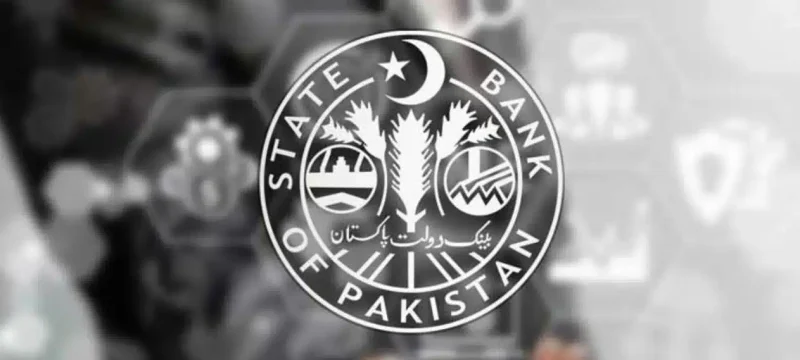In an emergency meeting held on Monday, the State Bank of Pakistan (SBP) increased its key policy rate by 100 basis points, reaching a new record high of 22%. This move is aimed at fulfilling the demands of the International Monetary Fund (IMF) to revive Pakistan’s loan program. The new rate will become effective from Tuesday.
Read More: Pakistan Implements Further Tax Measures to Secure IMF Loan
The SBP justified the rate hike by stating that the country’s inflation outlook is deteriorating. Pakistan recorded a six-decade-high inflation reading of 38% in May 2023. The central bank, through its official Twitter handle, announced that the monetary policy committee (MPC) of SBP convened the emergency meeting and decided to raise the policy rate due to increased potential upside risks to the inflation outlook. These risks are mainly attributed to the implementation of new measures in the fiscal and external sectors, which are crucial for the completion of the ongoing IMF program.
1/3 MPC of #SBP convened an emergency meeting today, where it noted that potential upside risks to the inflation outlook have increased from the last meeting, and accordingly decided to raise the policy rate by 100bps to 22%.https://t.co/unuS6xmJHz#SBPMonetaryPolicy pic.twitter.com/FWenKLqdkt
— SBP (@StateBank_Pak) June 26, 2023
The MPC emphasized the necessity of maintaining a positive real interest rate on a forward-looking basis to help bring down inflation towards the medium-term target of 5-7% by the end of FY25. In its statement after the June 12, 2023 meeting, the MPC viewed the previous monetary policy stance as appropriate for achieving price stability, barring any unexpected domestic and external shocks.
However, since the last meeting, the MPC noted two domestic developments that have slightly worsened the inflation outlook and could further strain the external account. Firstly, there have been upward revisions in taxes, duties, and the petroleum development levy (PDL) rate in the FY24 budget approved by the National Assembly. Secondly, the SBP withdrew its general guidance for commercial banks on import prioritization, fully reopening all imports with immediate effect. While these measures are deemed necessary in the context of the IMF program, they have increased the upside risks to inflation.
The revival of Pakistan’s $6.5 billion IMF loan program is crucial to bolstering foreign exchange reserves and avoiding default on foreign debt repayments. The lifting of the ban on all imports by the central bank and the passage of the Finance Bill 2023-24 by the National Assembly have strengthened hopes for the IMF program’s revival. Pakistan currently faces a critical shortage of foreign exchange reserves at $3.5 billion and must repay $23 billion in foreign debt in the next fiscal year starting July 1, 2023.
The government has taken steps to improve functioning in the currency markets and has implemented fiscal adjustments worth Rs300 billion, including fiscal tightening measures, as demanded by the IMF. These measures include increasing the tax burden on the salaried class and withdrawing the $100,000 asset-whitening scheme, indicating the government’s acceptance of the majority of the IMF’s demands.









